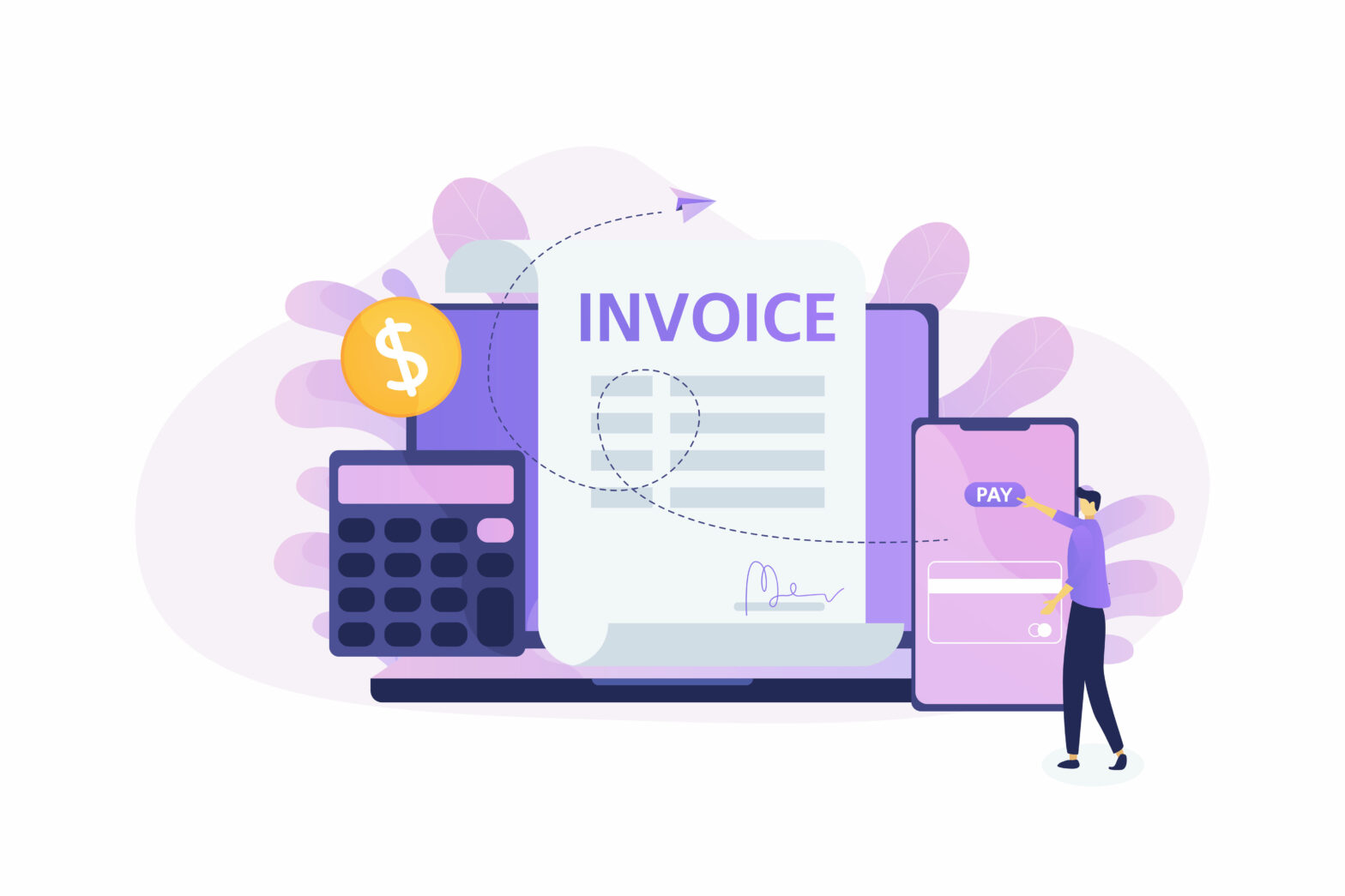With the government looking to facilitate the process of accessing finance, SMEs can be positive about funding options for the new year, Ben Lobel writes.
Last month, legislation introduced through the Small Business Enterprise and Employment Bill paved the way for smaller businesses to get easier access to growth finance.
Businesses turned down by the banks for loans will be afforded the chance to have their information passed on to government-designated platforms that will help match businesses with alternative lenders – giving entrepreneurs more opportunities to fund their enterprise.
Currently, big banks account for the vast majority of main SME banking relationships (over 80 per cent), but tried and tested sources of funding, such as invoice finance, in addition to innovative new forms of credit, such as crowdfunding platforms, are growing in favour across the UK.
Players such as Crowdcube and Seedrs cater for the equity-based investments, while debt operators include players like Funding Circle and Thincats. It seems like wherever you turn, a new and exciting alternative funder has entered the market.
However, it is arguably the case that, while such alternative financiers have gathered considerable marketing momentum since Funding Circle began in 2010, there is still some way to go before crowdfunding and peer-to-peer lending achieve the sort of visibility that would put them in the same sentence as the banks as viable topics of conversation for would-be entrepreneurs.
David Postings, CEO, of independent invoice finance provider Bibby Financial Services (BFS) says, ‘Businesses are widening their scope when it comes to considering different forms of finance but it seems that they still don’t have all of the information they need. In order to help them find the most suitable source of funding for their individual business model, the finance sector needs to provide more flexibility so they can make informed decisions.’
It is, of course, positive that the government has seen the potential of alternative methods of finance and provided this flexibility through the Small Business Enterprise and Employment Bill, which is expected to come into force in early 2015. The legislation to be introduced will hopefully help ensure businesses that want to borrow, and lenders that are ready to lend, can easily find one another.
A switch in finance provider
It is a timely initiative, as evidence suggests that many small business owners are actively considering a different form of business finance. According to a study by BFS, one third of small and medium-sized enterprises (SMEs) are considering a change of business funding provider in 2014, citing a lack of flexibility and poor customer service among the top reasons for moving.
More than a third of businesses surveyed say a cheaper deal would encourage them to consider a new arrangement, almost one in five (17 per cent) cite a shorter-term agreement as desirable, and 15 per cent of SMEs say they would like to try a providers’ services before committing.
As well as being unsure about their current finance provider, it seems businesses are struggling also with managing their cash flow. A separate report from BFS reveals that more than a third of small and medium-sized enterprises (SMEs) are in the dark about how much money they are owed in unpaid invoices.
In total, 36 per cent of SMEs are unable to say how much they have outstanding. Of the businesses that do know, almost a third (31 per cent), say they are owed more than £20,000 and more than one in ten (14 per cent) are owed more than £50,000. Some 6 per cent are owed in excess of £100,000.
Postings believes the findings highlight ongoing difficulties small businesses face in managing credit control. He says, ‘Having a robust credit control process in place, and being able to chase invoice payment is the key to effective cash flow management which is critical for any business.
‘But many small businesses – particularly those with few or no employees – cannot effectively manage outstanding payments because they are focused on developing new business and fulfilling existing orders.’
Findings of the study, conducted among 1,000 SMEs in Q3 – represent a barrier to growth for thousands of small businesses throughout the country. The issue is particularly acute in the hospitality sector, with two thirds (67 per cent) unsure of the amounts owed to them. Meanwhile, almost four in ten (39 per cent) transport and distribution firms admit to being unclear about what was in their payment pipeline.
Solutions such as invoice finance not only provides working capital to allow businesses to operate more effectively, but funders can help SMEs to take control of invoice payment, credit control and sales ledger management.
The ease of access to cash is at a critical juncture in the SME landscape. But with the government onside and helping to generate exposure and access to finance operators, more businesses will learn about the options they have, whether they have working capital concerns or dreams of growing and flourishing as a bigger operation.
Further reading on funding a business
Looking for finance? SmallBusiness.co.uk is working in partnership with trusted lenders to find the best business funding deals. Find out more here.




